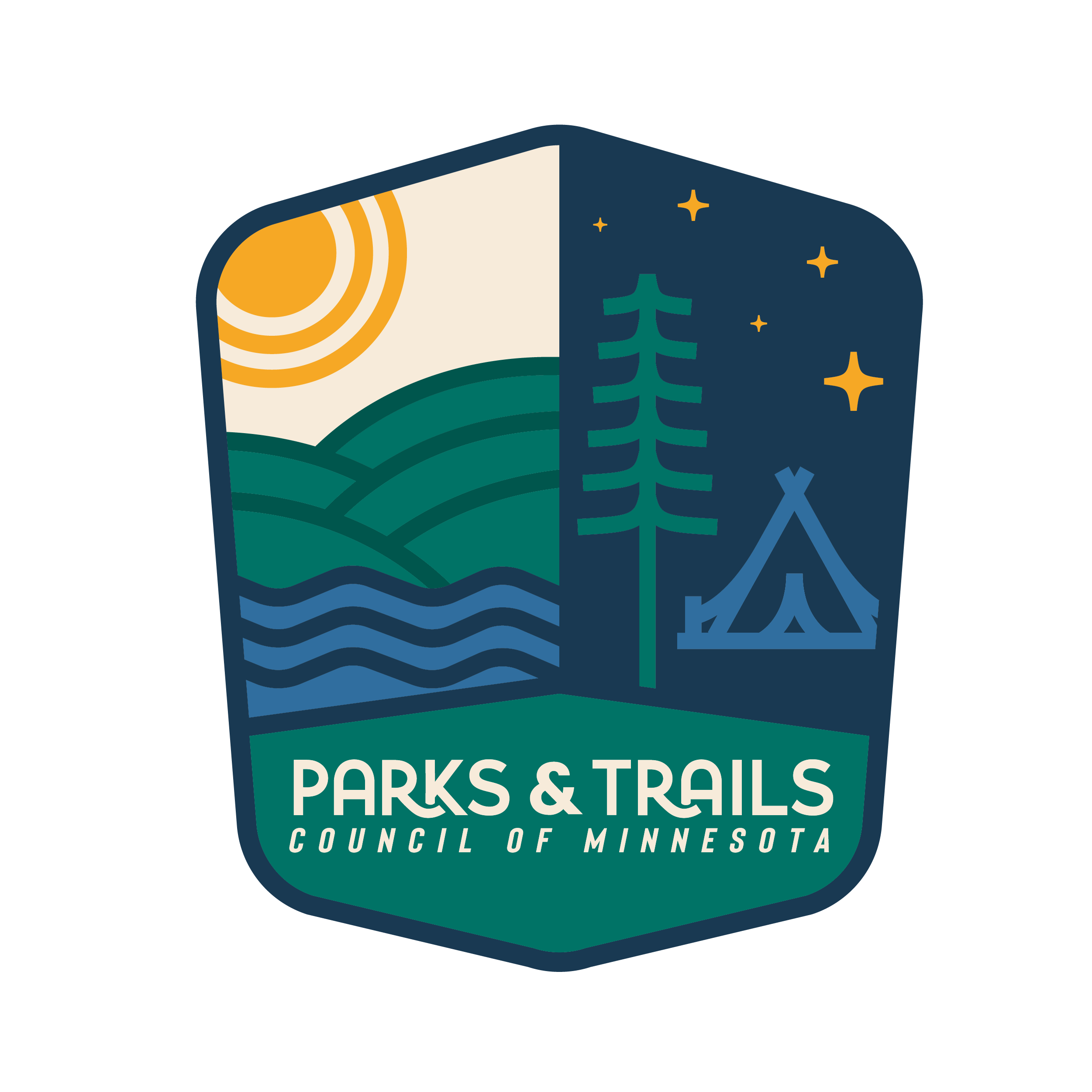Lawmakers convened the 2021 legislative session in early January in what will be one of the more unusual yet consequential sessions in recent memory. Legislators have a short but complex list of tasks: battling the ongoing COVID-19 pandemic, passing a new general fund budget and redrawing the state’s legislative districts following the 2020 Census. Overshadowing all that work is the logistical challenges of pandemic itself: virtual meetings, staff working from home, and the capitol being closed to the public.
Adopting a new general fund budget will be extra challenging this year because Minnesota has a projected budget deficit for the first time in a decade. And if history is any guide, deficits typically mean budget cuts for parks and trails. Cuts would be especially devastating this year, as the pandemic has caused Minnesotans to seek relief outdoors in record numbers and park and trail staff have been stretched thin trying to keep up. We’re thankful that Gov. Walz’s proposed budget actually increases funding for state parks and trails, though most of the increase is due to a steep increase in state park entrance fees. We’re still analyzing the governor’s proposal but have reservations that a big fee increase for the second time in four years is good policy, especially when issues of access and affordability have never been more important.
The governor’s proposal is just a starting point. Another economic forecast will be released in late February, and it’s possible the budget deficit will be significantly smaller than currently projected. Serious work on the budget won’t begin until March or later and will extend well into May. Lawmakers have until July 1 to adopt a new budget and avoid a government shutdown.
Though not a focus during budget years, small capital investment (bonding) bills are often passed as part of last-minute budget agreements. We’ve worked with Sen. Carrie Ruud (R-Breezy Point) and Rep. Leon Lillie (DFL–North St. Paul) to author bonding bills to allocate $4.8 million towards state trail rehabilitation projects. Those bills are based on our State of the Trails report, which used data collected by the Research Bike to identify rehabilitation needs across the state trail system. We’ll also be working with grassroots organizations on projects that were unfunded in last year’s bonding bill.
The operating budget and bonding bill are just two of many issues we’ll be tracking this year. Our state parks remain under threat from the incursion of ATVs, trail bicycle fees may again be proposed, and numerous grant programs need funding to care for Minnesota’s local and regional trails. Every step of the way, we’ll be representing parks and trails at the capitol, working to ensure they remain natural, quiet, affordable and accessible places for all Minnesotans.
